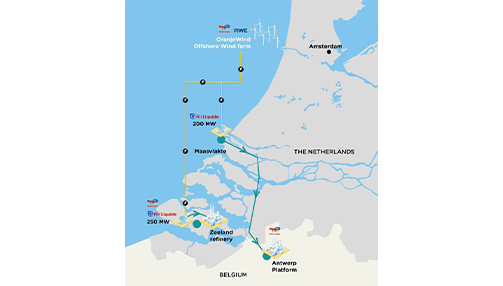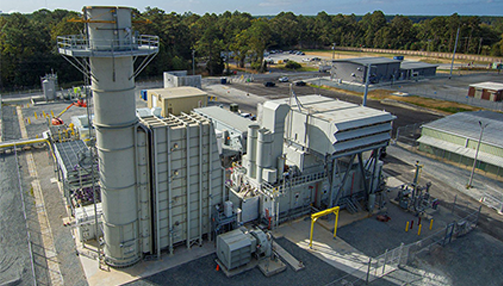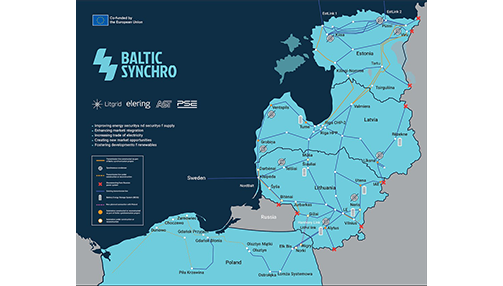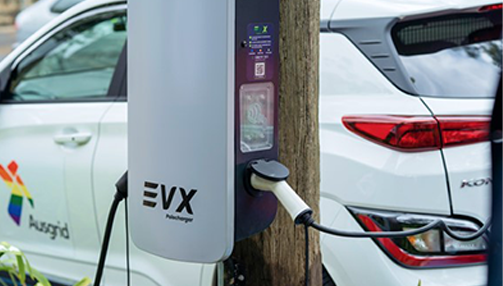
Harnessing Data Center Waste Heat At Home
British Gas Partners With Heata On Trial To Reuse Waste Heat From Data Processing
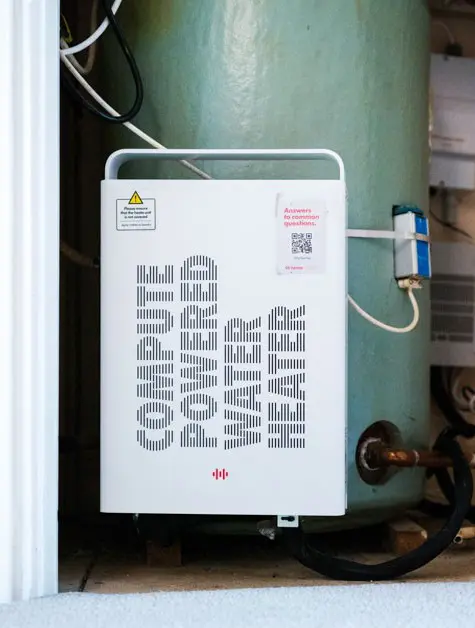
British Gas has partnered with cloud computing provider, Heata, to explore harnessing waste heat generated by household computer servers.
Heata’s model distributes cloud computing workloads to servers in homes. In a data center, the heat generated during processing is a waste product, and energy-intensive cooling systems are required to stop the servers from overheating. To overcome this, Heata has created a virtual data center — a network of servers distributed in people’s homes. Each server is attached to the home’s hot water cylinder, and as they process data, the heat they generate is transferred into the water. According to Heata, this reduces the energy needed to heat water in the home, and as this is typically provided by gas boilers, it reduces the amount of gas used, lowering the carbon impact. Heata pays for the electricity the Heata unit uses, which means the household pays less to heat their hot water.
As part of a three-month trial, 10 Heata units will be installed in the homes of British Gas employees, and the energy provider’s computing workloads will be processed on these units. As a result, British Gas will be providing free hot water for its own employees as a byproduct of their own cloud compute.
The trial will provide feedback around performance and customer experience, as well as demonstrating the associated carbon dioxide (CO2) and energy cost savings to further co-develop customer propositions in 2025.

(Image courtesy of British Gas)
“We’ve created a solution that enables us to reuse the waste heat from cloud computing to provide free hot water for families in our communities,” said Chris Jordan, co-founder of Heata. “Our reliance on data centers is only going to grow, as they are fundamental to training and running artificial intelligence. By thinking differently about how we build and use data processing infrastructure, we can use a byproduct of this boom to help support our communities and reduce the carbon impact of computing. This trial with British Gas is an exciting step and we hope other businesses will follow suit. With a small change to where they place their data processing, businesses throughout the UK could be supporting their communities as a byproduct of their cloud computing.”
“Innovative projects like this are another example of how the UK is becoming a leader in cutting carbon emissions,” said Paul Lodwidge, head of energy product and propositions at British Gas. “Heata has developed a solution that can reuse waste heat and deliver significant cost and carbon savings. We’re proud to be able to support them with this latest trial and will work together to share insights and learnings that will enable the business to scale-up its offering.”


